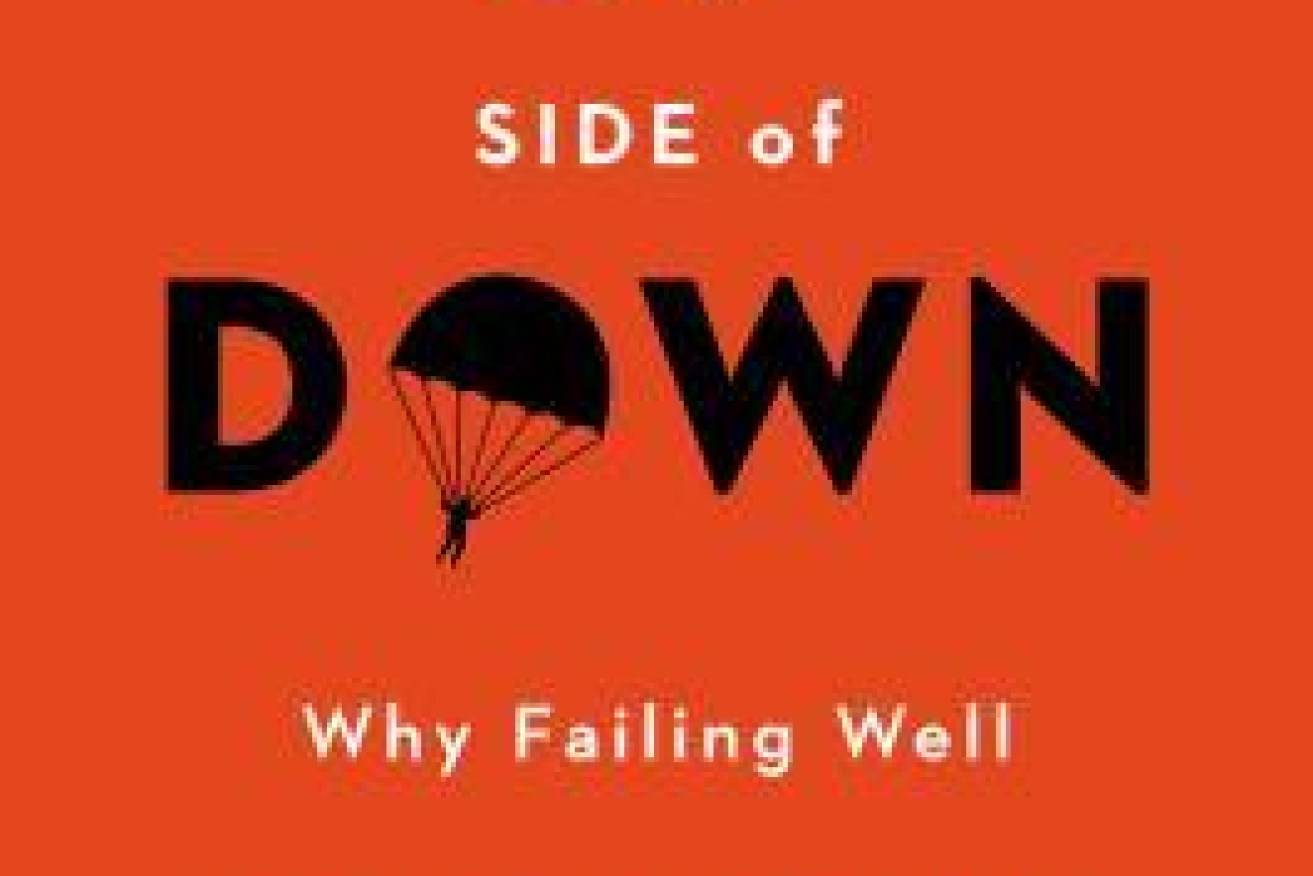The upside of failure

Steve Jobs will always be remembered for his incredible success in transforming the face of consumer technology forever, but as he told students at Stanford University in 2005, it was his “very public failure” when he was fired from Apple that led to his greatest success.
“At 30 I was out. And very publicly out. What had been the focus of my entire adult life was gone, and it was devastating,” Jobs, a college drop-out, said in his commencement address to the graduating class.
“I didn’t see it then, but it turned out that getting fired from Apple was the best thing that could have ever happened to me.”
The tech genius said that his ousting freed him to enter one of the most creative periods of his life – he started a company named NeXT, another company named Pixar (the world’s first computer animated film studio), and as they say in the classics, the rest is history.
“I’m pretty sure none of this would have happened if I hadn’t been fired from Apple. It was awful tasting medicine, but I guess the patient needed it. Sometimes life hits you in the head with a brick. Don’t lose faith,” Jobs assured the students.
Is failure a gift?
 In two new books, The Rise, and The Up Side of Down: Why Failing Well Is the Key to Success, the authors echo Jobs’ sentiments, discussing how devastating failures, mistakes and set backs can lead to the greatest inspiration, innovation and success of our lives.
In two new books, The Rise, and The Up Side of Down: Why Failing Well Is the Key to Success, the authors echo Jobs’ sentiments, discussing how devastating failures, mistakes and set backs can lead to the greatest inspiration, innovation and success of our lives.
Author Sarah Lewis asserts in The Rise that failure is necessary in life and should be embraced as “a gift”, which can serve as a window to creativity and opportunity.
Lewis, a curator, academic and writer who has served on President Barack Obama’s Arts Policy Committee (and it appears is yet to personally experience failure first-hand), weaves into her book anecdotes of the epic failures experienced by some of our most famous authors, inventors and artists, and describes how they used their painful failures to reinvent, motivate and inspire them to greater achievements.
Failure is not talked about. The word is taboo and so you’re left humiliated and embarrassed when things go wrong and no one really wants to listen
She cites scientist Thomas Edison, who famously explained to his assistant his perseverance to create a feasible lightbulb: “I have not failed, I’ve just found 10,000 ways that won’t work.”
And she reminds the reader how Academy Award winning films including Slumdog Millionaire and The King’s Speech were at first passed over by Hollywood.
Her philosophy left me pondering my own failures, why I fear it so much and how I can handle it in the future.
 As a journalist and writer I have had my fair share – I missed getting into the university I had my heart set on, a job choice took my journalism career backwards, and sales of my first book were a little lackluster.
As a journalist and writer I have had my fair share – I missed getting into the university I had my heart set on, a job choice took my journalism career backwards, and sales of my first book were a little lackluster.
But as painful and crushing as those experiences were at the time, I learned from them, and they led me down paths I may never have wandered to my dream of living and working in New York.
The importance of resiliance
Reading The Up Side of Down, by Megan McArdle, was a reminder that like many of our most well-known success stories, mistakes, struggles and that dreaded word “failure” can prove the best thing that ever happens to you.
But not everyone agrees. Katherine Husk, whose online business she thought would make her rich but left her heavily in debt, says failure is so “crippling” and “consuming” it is hard to dig yourself out and use it – as McArdle encourages – as a springboard to success and further risk taking.
“We’re not taught these skills,” says Husk.
“Failure is not talked about. The word is taboo and so you’re left humiliated and embarrassed when things go wrong and no one really wants to listen.”
 But McArdle, a Washington-based business journalist who has covered the triumphs and tribulations of some of the world’s top companies, asserts that failure is how people and businesses learn.
But McArdle, a Washington-based business journalist who has covered the triumphs and tribulations of some of the world’s top companies, asserts that failure is how people and businesses learn.
The secret of success, she believes, is failure – and more importantly how one copes with it.
Part self-help book, McArdle offers ways to “fail well” by changing the way we react to failure, including “give yourself permission to suck”, “fail early and often” and teach failure in schools.
She believes it is how we cope with catastrophes that is paramount to getting what we want in life.
“Since we cannot succeed simply by not failing, we should stop spending so much energy trying to avoid failure or engineer it away. Instead, we should embrace it — smartly.”
But in a world obsessed with perfection and success, is that really possible?








